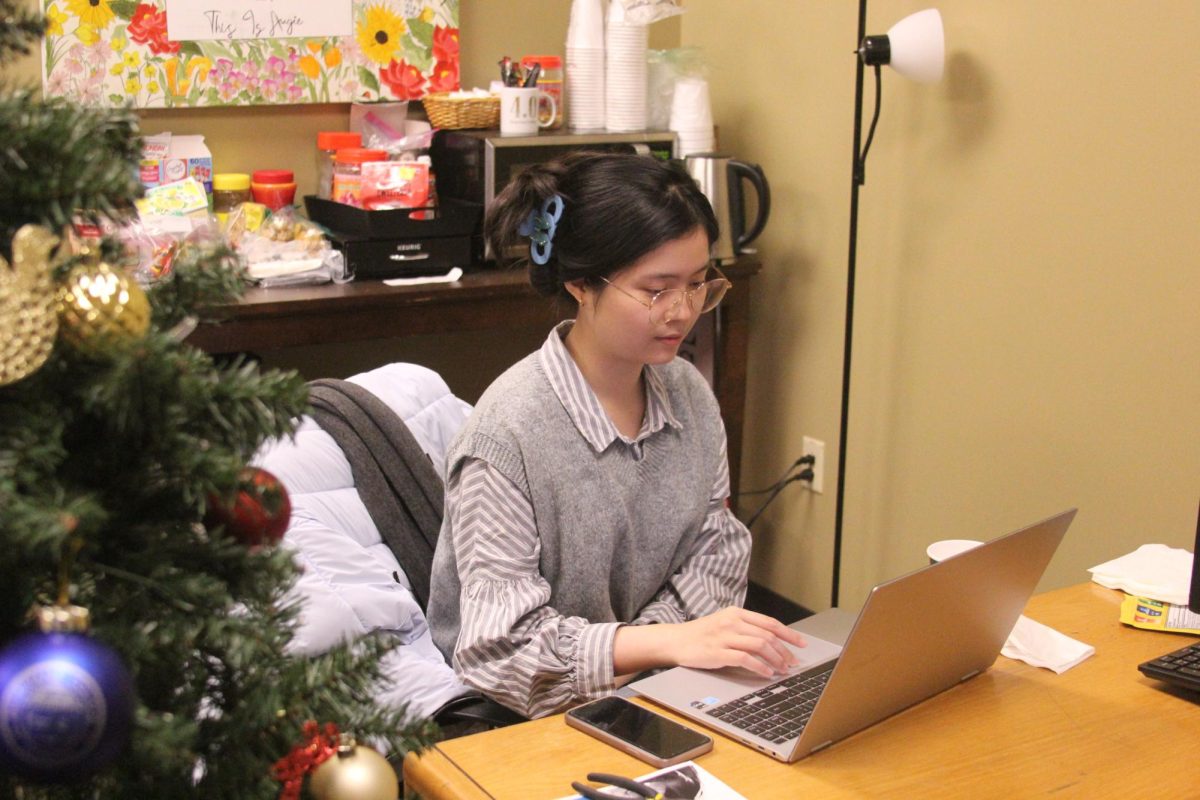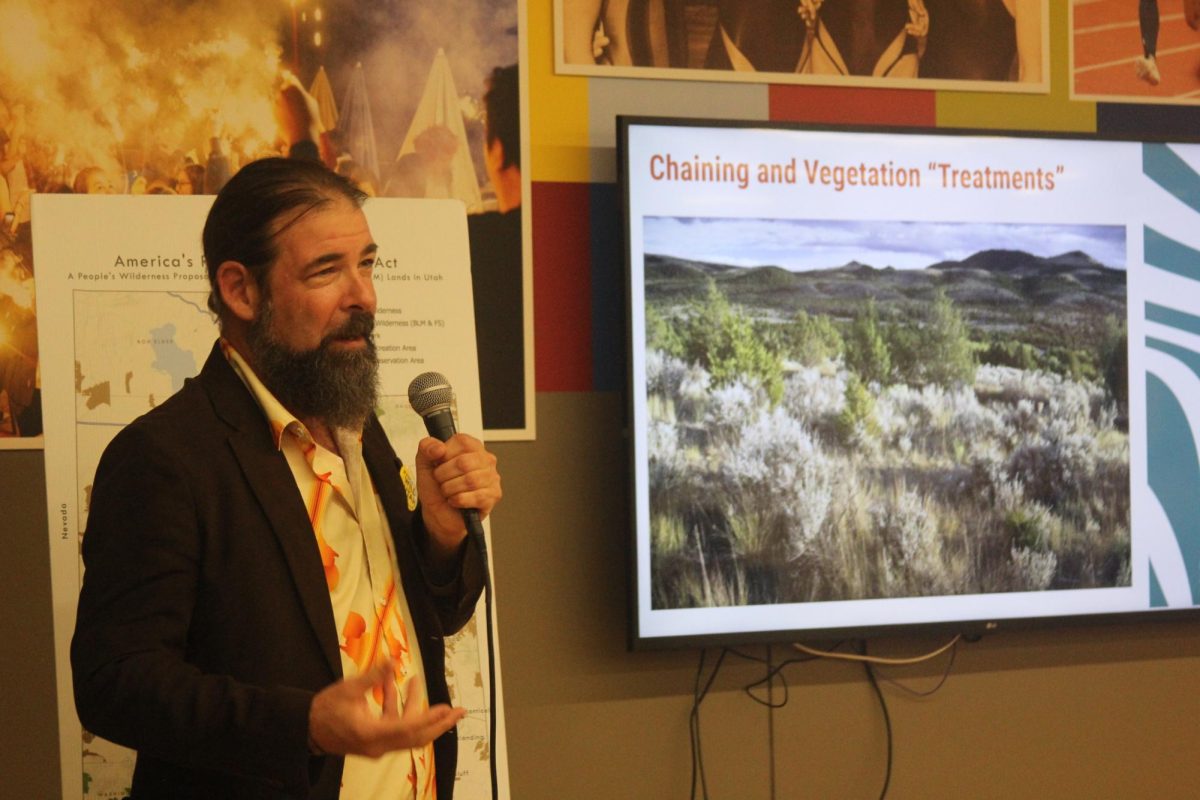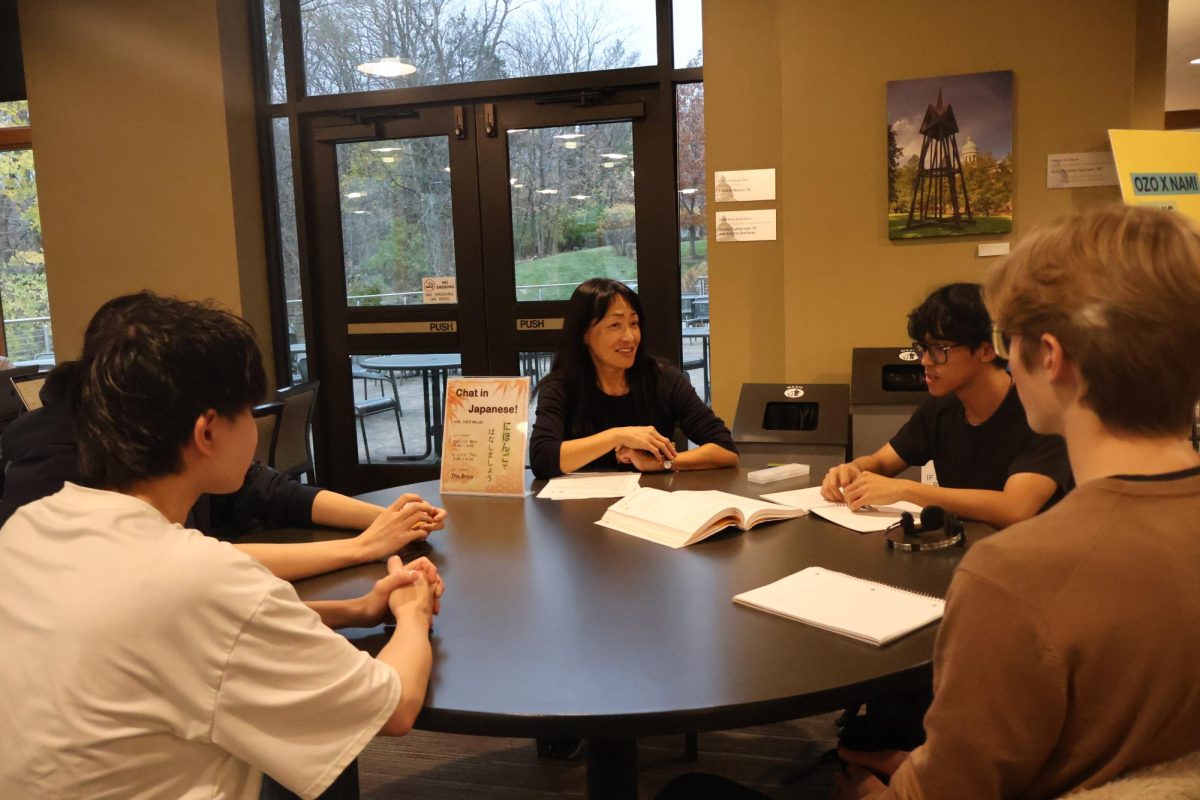Recently, John Allen Chau, a Christian missionary from the United States, was killed by a small uncontacted Indian tribe while illegally visiting the North Sentinel Island under the agenda to “spread the word of God.” This ignited a debate on whether this missionary was in the wrong or not for visiting. I believe he was in the wrong.
Coming into contact with isolated and underdeveloped tribes, like the Sentinelese, can expose them to many diseases that we, as Americans, are immune to because of vaccinations and modern medicine. Chau’s visit alone could’ve potentially wiped their entire population out from disease, similar to how British colonists exposed foreign diseases to natives from various countries, resulting in a lot of their deaths.
The worst part about Chau’s story is that he knew it was illegal to visit this Island yet still did, despite knowing he could be killed. He was too ignorant to understand how severe the repercussions could be.
As a former Christian, I do understand why Chau had the urge to “teach” this tribe about the word of his God. It comes from the fear taught by many Christian churches that no matter how good a person may be, if they don’t accept Jesus as their Lord and Savior, they’re doomed to an eternity in hell. I can see why Chau felt the need to teach the Sentinelese about Christianity; he wanted to give them a chance at going to Heaven in the afterlife.
However, there are a few things that bug me with this intention of “saving them.” The first is the idea itself that there are people out there, like Chau, who follow a religion based on a fear that you need to believe in God or else you’re doomed to eternal hell. This belief comes from Bible verses such as Revelations 21:8 where it expresses, “the faithless…will be in the lake that burns with fire and sulfur.”
Some may believe that God doesn’t refer to all non-believers as “the faithless,” but to others, like Chau, this means being a good person isn’t enough in life to avoid hell. Personally, I am not okay with this because it means people like Chau believe a person’s impact and contribution to society means less than whether or not they believed in a deity in their lifetime.
The second thing that irks me is Chau didn’t separate his religious beliefs from his humanity. He instead cared more about converting this small tribe to his religion than the possibility of wiping them out with foreign diseases. Similar to how in history, many dominant religious colonists forced many to convert or change religions.
Ultimately, it just isn’t okay to value your religion more than you value others as people. As a human, it’s important to recognize that many people come from different backgrounds and different beliefs. It’s important to recognize that a person can still live a fulfilling, happy life without needing to hold the same religious beliefs as you.
Categories:
Humanity comes before religious differences
December 6, 2018
0
More to Discover




































































































